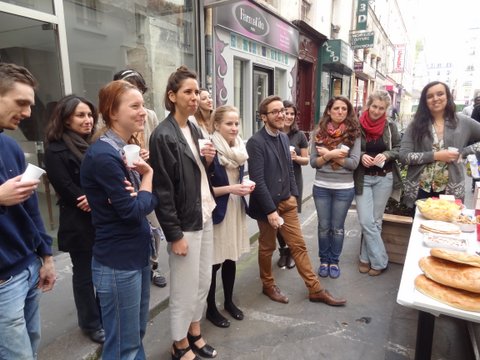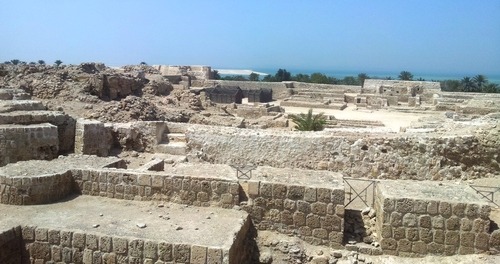This year (2014) I asked my students to write their papers as catalogue contributions to an exhibition I made in Paris to coincide with the end of the term.
Here one can find the links to their papers and images of the exhibition, which I made with the help of the Window, an art space in the center of Paris run by a good friend of mine and those that contributed to the crowd funding project I ran – especially my father!

Most of my students: from left to right Alexandre Hawath, Sarah Smail, Anna-Katharina Kraft, Emma Ghariani (hidden), Lily Matras, Kristina Keenan, Kata Pali, Leo Teste, Joice Barbaresco (partially hidden), Mariam Kandil, Lucile Gasber and Malika Touddimte
Continue reading →









